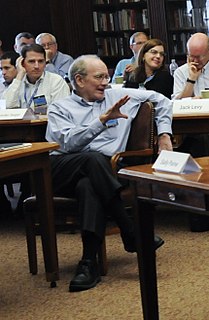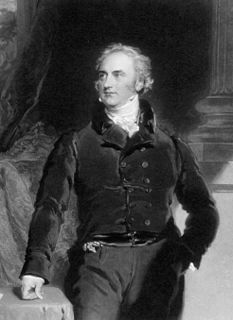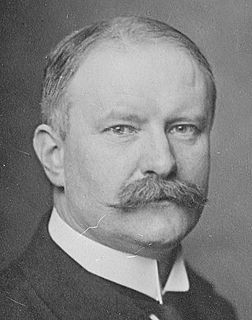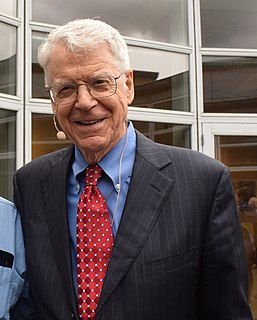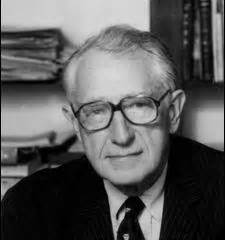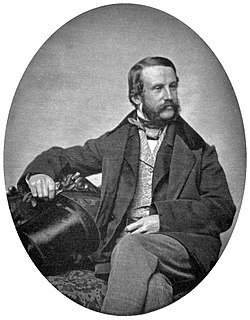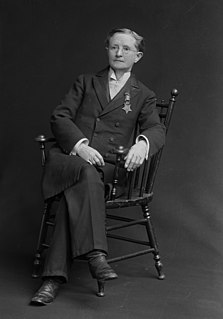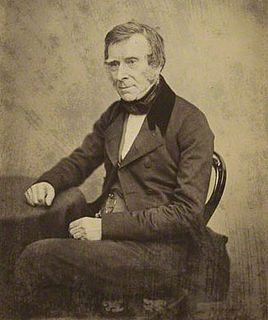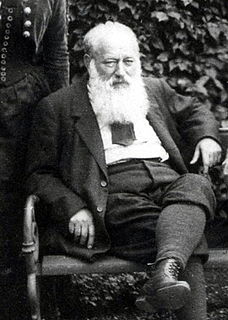A Quote by Wilfred Trotter
The various systems of doctrine that have held dominion over man have been demonstrated to be true beyond all question by rationalists of such power-to name only a few-as Aquinas and Calvin and Hegel and Marx. Guided by these master hands the intellect has shown itself more deadly than cholera or bubonic plague and far more cruel. The incompatibility with one another of all the great systems of doctrine might surely be have expected to provoke some curiosity about their nature.
Quote Topics
About
Another
Be True
Been
Beyond
Bubonic Plague
Cholera
Cruel
Curiosity
Deadly
Doctrine
Dominion
Expected
Far
Few
Great
Guided
Hands
Hegel
Held
Incompatibility
Intellect
Itself
Man
Marx
Master
Might
More
Name
Nature
Only
Over
Plague
Power
Provoke
Question
Shown
Some
Surely
Systems
Than
True
Various
Related Quotes
Of all the systems of religion that ever were invented, there is no more derogatory to the Almighty, more unedifying to man, more repugnant to reason, and more contradictory to itself than this thing called Christianity. Too absurd for belief, too impossible to convince, and too inconsistent for practice, it renders the heart torpid or produces only atheists or fanatics. As an engine of power, it serves the purpose of despotism, and as a means of wealth, the avarice of priests, but so far as respects the good of man in general it leads to nothing here or hereafter.
In the doctrine of the world and humankind as 'will to power and nothing else', Heidegger identified not an antidote to nihilism, but the completion of it. For what can be more destructive of truth and value than the doctrine that these are simply the impositions on the world of human exercises of power?
Who can estimate the misery that has been caused by this infamous doctrine of eternal punishment? Think of the lives it has blighted-of the tears it has caused-of the agony it has produced. Think of the millions who have been driven to insanity by this most terrible of dogmas. This doctrine renters God the basest and most cruel being in the universe. ... There is nothing more degrading than to worship such a god.
Man is a rational animal—so at least I have been told. … Aristotle, so far as I know, was the first man to proclaim explicitly that man is a rational animal. His reason for this view was … that some people can do sums. … It is in virtue of the intellect that man is a rational animal. The intellect is shown in various ways, but most emphatically by mastery of arithmetic. The Greek system of numerals was very bad, so that the multiplication table was quite difficult, and complicated calculations could only be made by very clever people.
If you can impress any man with an absorbing conviction of the supreme importance of some moral or religious doctrine; if you can make him believe that those who reject that doctrine are doomed to eternal perdition; if you then give that man power, and by means of his ignorance blind him to the ulterior consequences of his own act,-he will infallibly persecute those who deny his doctrine.
... believing in a God whom we cannot but regard as evil, and then, in mere terrified flattery calling Him 'good' and worshipping him is a still greater danger... The ultimate question is whether the doctrine of the goodness of God or that of the inerrancy of scripture is to prevail when they conflict. I think the doctrine of the goodness of God is the more certain of the two. Indeed, only that doctrine renders this worship of Him obligatory or even permissable.







